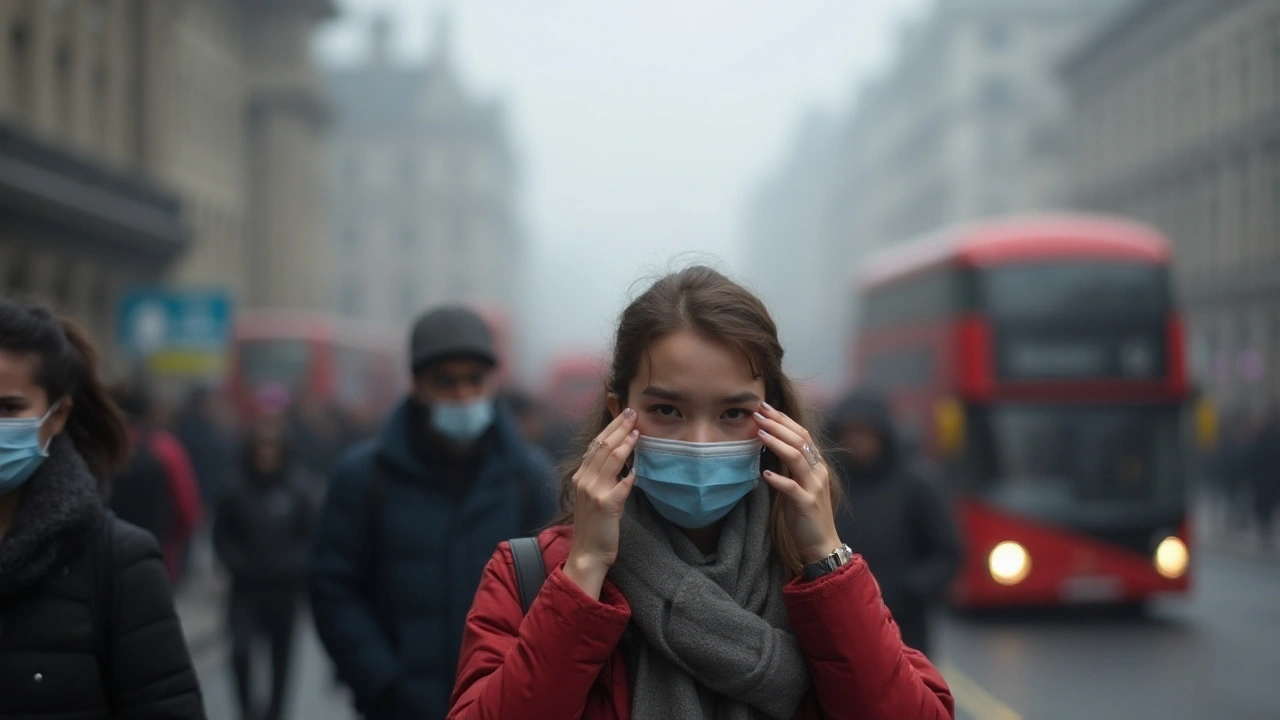Environmental Factors: How Your Surroundings Change Health, Meds & Supplements
Your neighborhood can change how well your medicine works. Environmental factors — things like air quality, temperature, diet, stress, workplace chemicals and household products — often shift symptoms, drug side effects, and even supplement effects. Some changes are subtle (a hot week makes pills break down faster), and others are obvious (pollution can worsen breathing problems). Knowing which factors matter helps you make better choices about treatment, buying medicines online, and using supplements safely.
How environment affects medicines
Sunlight, heat, humidity, and common foods can alter drugs. Some antibiotics and acne medicines become more likely to cause sunburn if you spend time outdoors. Certain fruits interfere with enzymes that break down drugs, so levels can spike or crash. Smoking and heavy alcohol use change liver enzyme activity and can cut drug levels or make side effects worse. Temperature matters too: insulin and some injections must stay cold, and many tablets lose potency if stored in bathrooms or cars. Even stress and sleep loss change how your body responds to antidepressants, blood pressure meds, and pain relief.
Environmental influences also touch supplements and herbal remedies. Plants absorb local soil contaminants, so a supplement from a polluted area may carry unwanted metals. That’s why third‑party testing and clear sourcing matter when you pick a product. And don’t forget interactions: combining a new herbal supplement with your prescription can boost or block effects.
Practical steps you can use today
Check your local air quality index before outdoor workouts and avoid heavy traffic routes when possible. Store medicines exactly as the label says — keep fever reducers and tablets out of hot cars and follow cold‑chain rules for injectables. Ask your pharmacist about food interactions (grapefruit pops up often) and whether smoking or alcohol affects your prescription. When buying meds or supplements online, pick pharmacies with clear contact info, prescriptions requirements, and third‑party testing badges for supplements. Use a short checklist: source, storage, expiry, and interactions.
A few quick fixes that help: install a basic water filter if you have old plumbing, move active meds out of humid bathrooms, swap high‑pollution walking times for quieter hours, and keep a written list of environmental exposures to share with your doctor. If your symptoms change after moving, changing jobs, or starting a new hobby, mention it — the environment may be the missing clue.
Use this tag to explore relevant guides and real‑world tips. Articles here look at how surroundings affect blood pressure meds, antibiotics, supplements, skin and eye conditions, and even recovery from addiction or trauma. Flip through the posts, save the practical tips, and bring questions to your next healthcare visit — the right tweak in your environment could make your meds work better.
Want specific articles? Browse the tag list for guides on medication storage, air pollution and asthma, supplements and contamination, restless legs, and blood pressure options. Bookmark useful posts, and ask us a question using the contact page — we reply to real problems, not general advice.
How Environmental Factors Contribute to Bacterial Eye Infections
Bacterial eye infections can be influenced by various environmental factors. This article explores how elements such as pollution, contact with contaminated water, and seasonal changes can contribute to the spread and severity of these infections. It also offers practical tips for prevention and maintaining good eye health.
